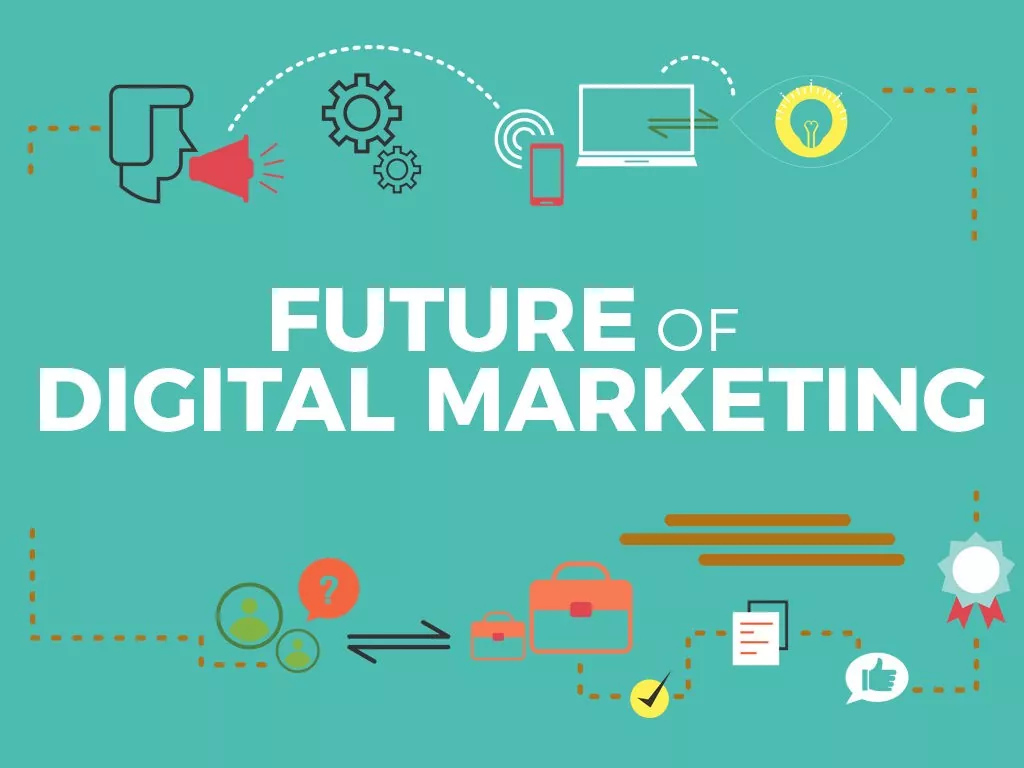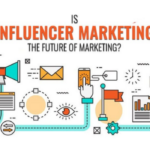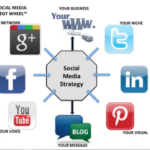1:- Exploring Emerging Technologies
Introduction:
This blog post aims to provide readers with a comprehensive overview of the rapidly evolving field of digital marketing. It emphasizes the importance of staying informed about the latest trends to remain competitive.
AI in Marketing:
The first section delves into the transformative role of Artificial Intelligence (AI) in marketing. It discusses how AI is reshaping customer interactions, enabling personalized marketing, and highlights real-world examples of successful AI applications.
AR and VR:
The second section explores the impact of Augmented Reality (AR) and Virtual Reality (VR) on marketing. It showcases how businesses are creatively leveraging these technologies to enhance customer experiences and create memorable brand interactions.
Voice Search Optimization:
The third section focuses on the rising significance of voice search in the digital landscape. It provides insights into the strategies and best practices for optimizing content to align with the growing prevalence of voice search.
Interactive Content and Personalization:
Moving forward, the fourth section covers the role of interactive content in engaging audiences. It also delves into personalization trends, discussing tools and strategies for creating more targeted and personalized marketing campaigns.
Conclusion:
The conclusion summarizes the key trends explored in the blog post and emphasizes the crucial role of adapting to these trends for future marketing success.
2:- Shaping the Future of Branding
Introduction:
This blog post centers around the dynamic nature of marketing and its intrinsic connection to branding. It sets the stage for discussing how digital marketing trends shape the future of brand promotion.
Influencer Marketing:
The first section examines the continued impact of influencer marketing on brand promotion. It provides insights into successful collaborations with influencers and strategies for leveraging influencer partnerships.
Video Marketing Evolution:
The second section focuses on the dominance of video content in modern marketing. It explores emerging trends in video marketing and the power of storytelling through visual content.
Social Media Trends:
The third section covers the latest developments in social media platforms. It discusses how businesses can leverage social media for effective brand building, customer engagement, and staying ahead of emerging trends.
Customer-Centric Marketing:
Moving on, the fourth section discusses the shift towards customer-centric marketing strategies. It explores how businesses can build brand loyalty through personalized experiences and customer-focused initiatives.
Conclusion:
The conclusion recaps the key branding-oriented digital marketing trends discussed in the blog post and encourages readers to integrate these trends into their branding strategies.
3:- Practical Implementation Strategies
Introduction:
This blog post aims to provide practical insights for marketers looking to implement the latest digital marketing trends. It emphasizes the dynamic nature of marketing and the need for actionable strategies.
Data-Driven Decision-Making:
The first section delves into the role of data in shaping marketing strategies. It discusses tools and approaches for effective data analysis, emphasizing the importance of data-driven decision-making.
Mobile-First Marketing:
The second section focuses on the significance of mobile devices in the marketing landscape. It provides insights into mobile optimization strategies for websites and campaigns, highlighting the importance of a mobile-first approach.
Cross-Channel Integration:
The third section explores the importance of a seamless cross-channel customer experience. It provides guidance on implementing cross-channel marketing strategies to ensure consistency and effectiveness across various platforms.
Sustainable and Ethical Marketing:
Moving forward, the fourth section discusses the rising importance of sustainability and ethics in marketing. It provides examples of brands successfully implementing ethical marketing practices and explores the impact on consumer trust.
Conclusion:
The conclusion emphasizes the practicality and immediate applicability of the discussed trends, encouraging readers to start implementing these strategies to enhance their digital marketing efforts.














